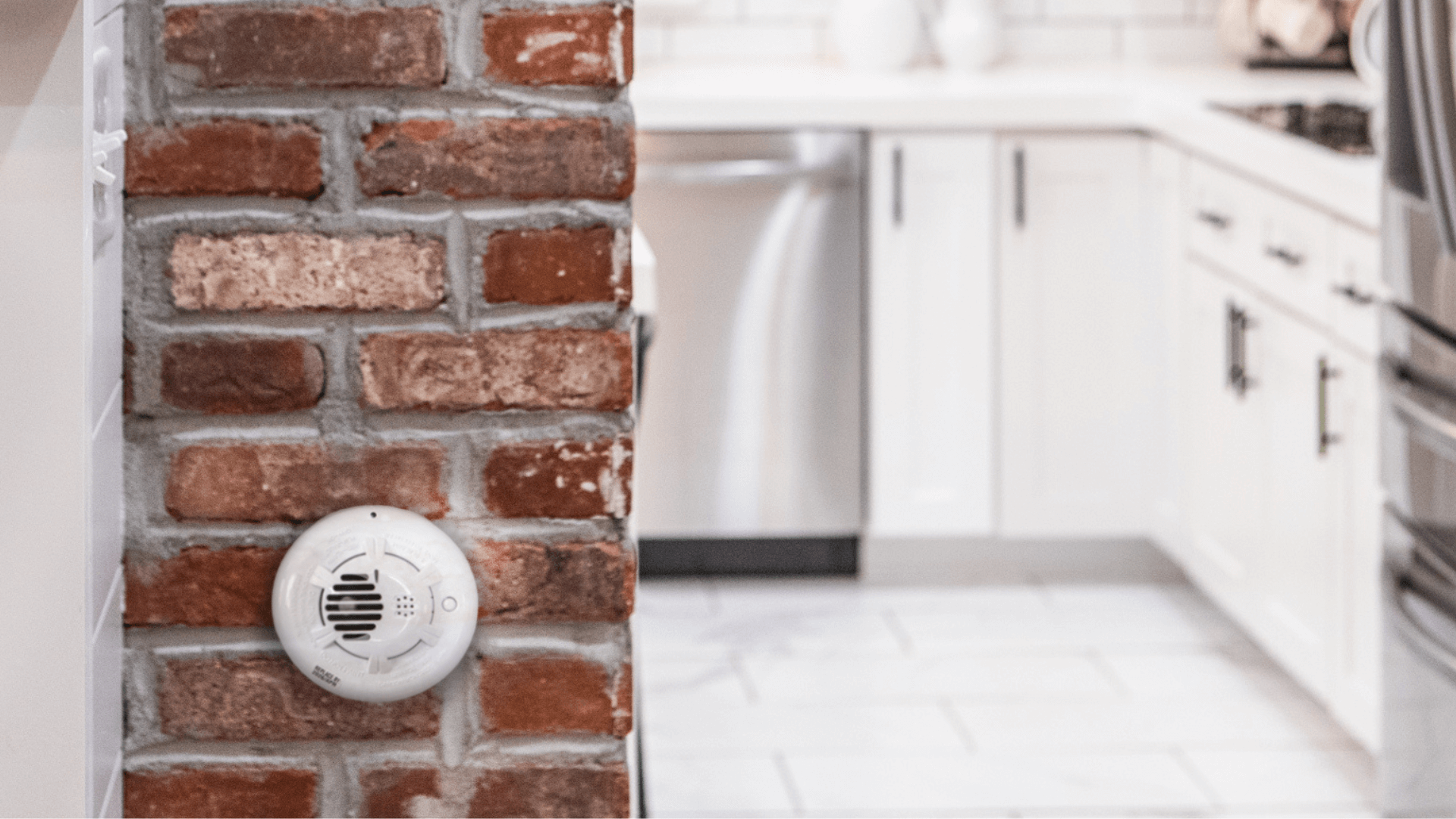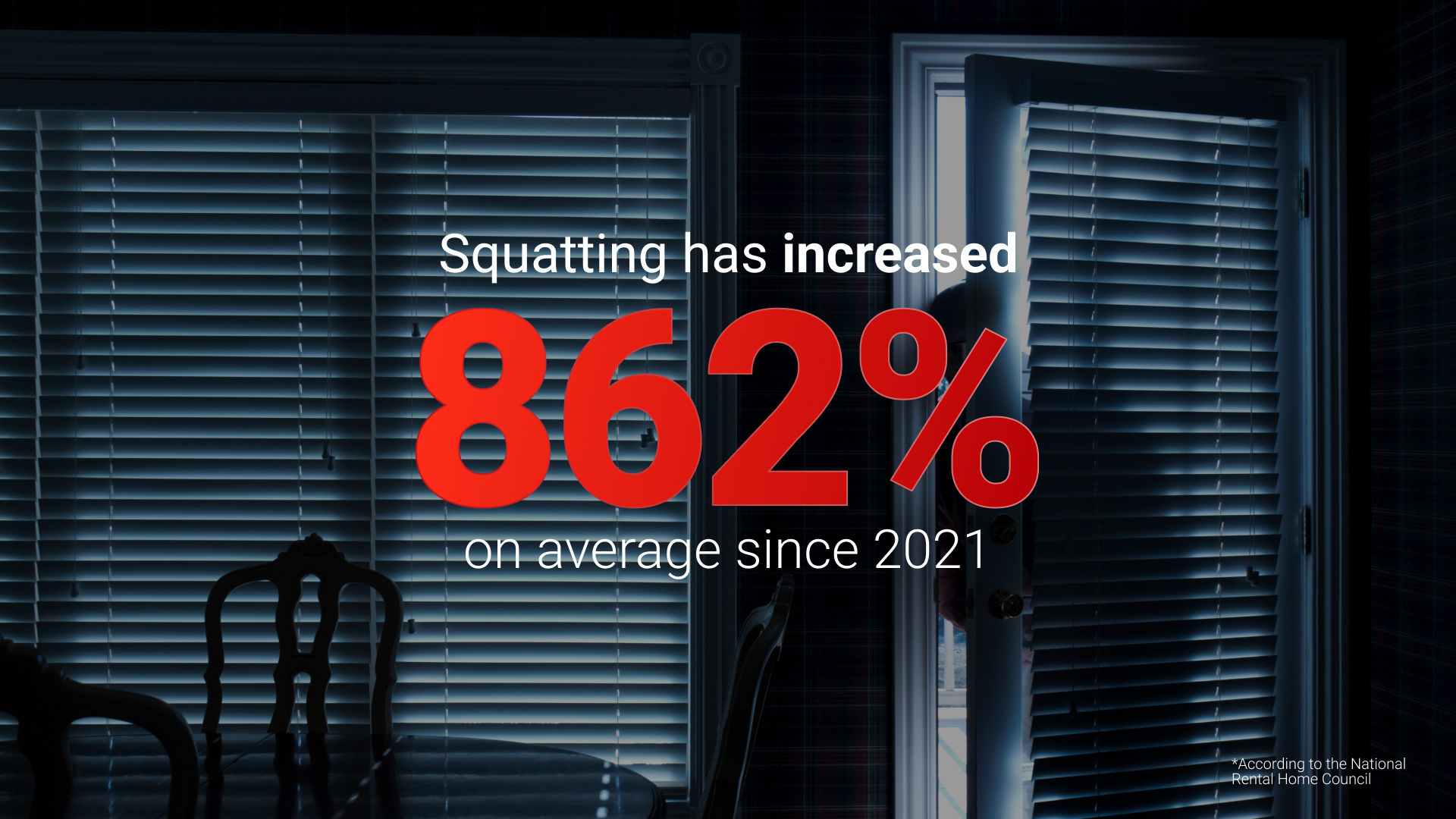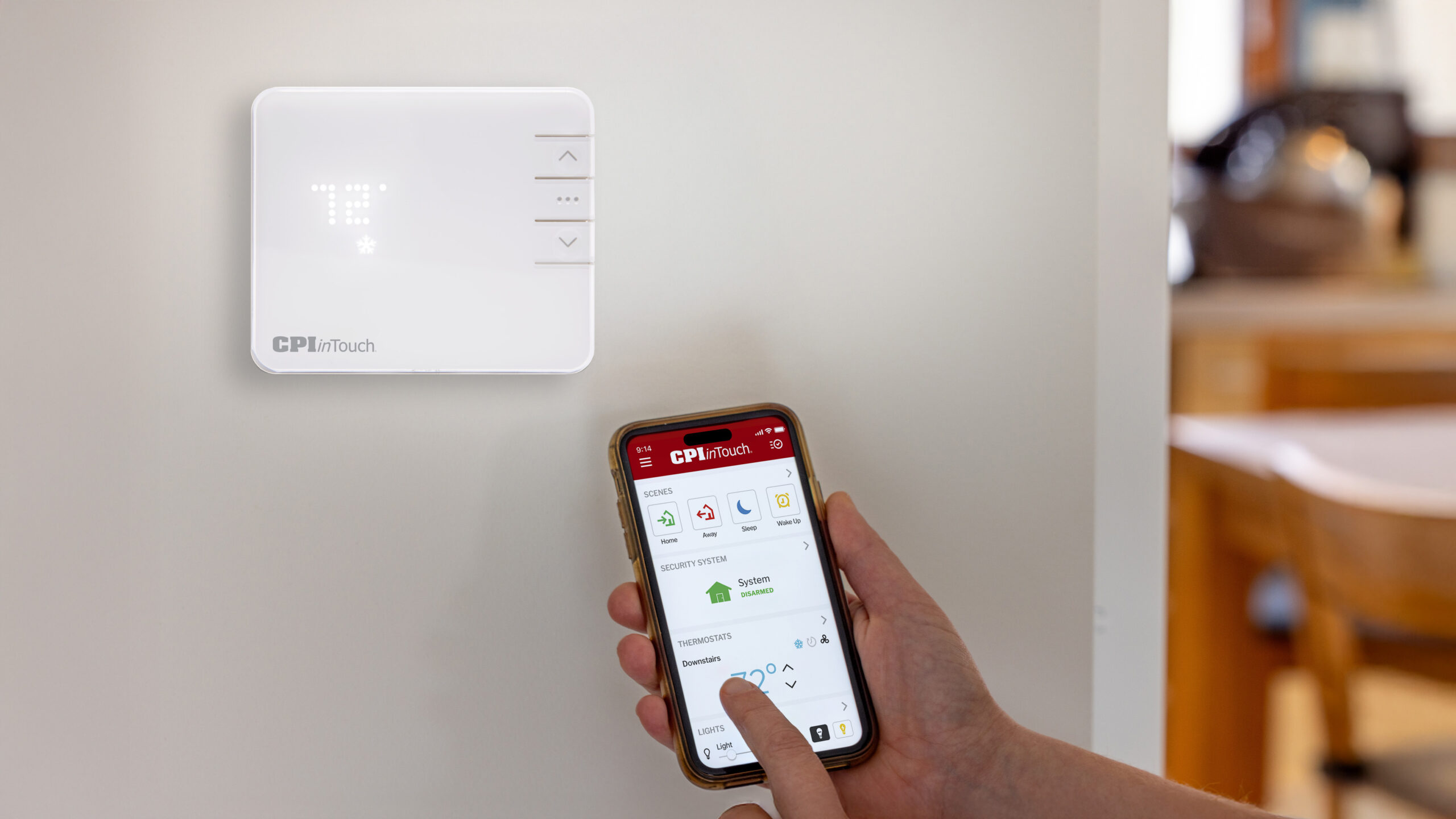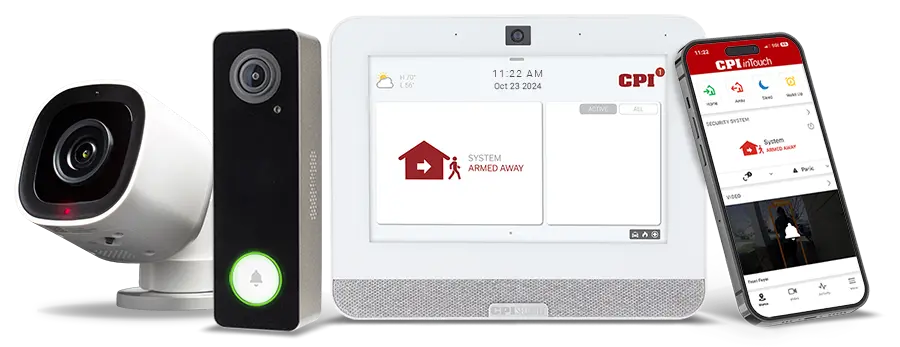Carbon monoxide (CO) is a dangerous gas that can pose a serious threat to your health and safety if you’re exposed to it. It displaces oxygen in your bloodstream, which lowers the amount of oxygen in your heart, brain and other vital organs. This can quickly lead to loss of consciousness or even death. It is important to understand how to detect carbon monoxide in your home to prevent potential CO poisoning. This article will guide you through recognizing the signs of carbon monoxide buildup in your home, installing CO detectors, and adopting preventive measures by providing comprehensive information on carbon monoxide poisoning and safety measures.
What is Carbon Monoxide?
Carbon monoxide is a colorless, odorless gas that is produced by the incomplete burning of fuels such as natural gas, wood, coal or any other fuel source containing carbon. When these fuels burn, carbon monoxide is released into the air. Common sources of carbon monoxide in homes and residential settings include malfunctioning fuel-burning appliances such as gas fireplace, poorly functioning heating systems or water heaters, blocked chimneys, and burning anything in improperly ventilated spaces. Because carbon monoxide can’t be detected by human senses, it is important to have reliable carbon monoxide detectors in your home.
Signs and Symptoms of Carbon Monoxide Poisoning
Carbon monoxide is sometimes referred to as a “silent killer.” According to the CDC, each year more than 400 people die of carbon monoxide poisoning, and emergency rooms see over 100,000 visits due to accidental CO exposure.
Recognizing the signs of carbon monoxide poisoning is critical for early detection and prevention of illness and death due to CO poisoning. The early symptoms often mimic those of common ailments, and include headaches, dizziness, nausea and vomiting. As exposure to carbon monoxide intensifies, symptoms progress to confusion, difficulty breathing, chest pain, and even loss of consciousness. Prolonged or high-level exposure to carbon monoxide can lead to serious health effects, such as neurological damage, heart problems, organ failure and death.
Installing and Maintaining Carbon Monoxide Detectors
To ensure the safety of your household, installing carbon monoxide detectors is essential. These devices can detect the presence of carbon monoxide in the air and emit an alarm to alert you in case of a leak. It is recommended to place detectors on every level of your home, particularly near sleeping areas. There are different types of detectors available, including battery-operated, plug-in, and hardwired options. Battery-operated detectors offer flexibility and can be installed easily, while plug-in and hardwired detectors provide continuous monitoring without the need for battery replacement. If you opt for a battery-operated detector, you should regularly test and replace the batteries in your detectors to ensure their functionality.
At CPI Security, we offer a smart carbon monoxide detector that accurately and immediately detects carbon monoxide and alerts you and our monitoring center. We’ll come over your two-way security system speaker to alert you of the danger, and we’ll contact first responders on your behalf. Whether you’re concerned about keeping yourself, your pets or your family safe, you can count on our alarm to quickly detect carbon monoxide in your home. Contact us today to learn more or request a free quote.
What to Do If Your Carbon Monoxide Detector Alarms
If your CO detector alerts you to carbon monoxide in your home, it is crucial to stay calm and act swiftly to protect yourself and your family. Immediately evacuate the premises and move to an area with fresh air, such as outside your home. Contact emergency services to report the situation and provide them with accurate information, including the number of individuals affected and any symptoms experienced. If you or anyone else in the household experiences symptoms of carbon monoxide poisoning, such as dizziness, difficulty breathing, or chest pain, seek medical attention promptly. Do not re-enter your home until it has been deemed safe by professionals who know how to get carbon monoxide out of your house.
Preventing Carbon Monoxide Buildup in Your Home
Taking preventive measures can significantly reduce the risk of carbon monoxide buildup in your home. Here are some measures to take to prevent carbon monoxide poisoining:
- Install a carbon monoxide detector in your home: Get in touch with CPI Security today to learn more about how our smart carbon monoxide detector quickly and accurately detects carbon monoxide leaks, and, in the case of a leak, gets you in touch with our 24/7 monitoring team so we can contact first responders on your behalf.
- Schedule regular maintenance of fuel-burning appliances: Schedule regular inspections and maintenance for your furnaces, water heaters, stoves, and any other fuel-burning appliances. Hire an appliance company to ensure that they are functioning properly and are free from any leaks or blockages that could cause carbon monoxide to build up.
- Hire a professional for inspection and cleaning of chimneys and vents: Have your chimneys, flues, and vents inspected and cleaned by qualified professionals on a regular basis. This will help to avoid any blockages or obstructions that could lead to carbon monoxide buildup inside your home.
- Ensure proper ventilation in enclosed spaces: Regularly check to make sure that enclosed spaces such as garages and basements are properly ventilated. Never run vehicles or fuel-burning equipment in these areas without adequate ventilation.
- Avoid the use of fuel-burning appliances indoors: Never use fuel-burning equipment such as generators, grills, or camping stoves indoors. These devices should only be used in well-ventilated outdoor areas to prevent carbon monoxide from accumulating inside your home.
Other Safety Measures to Protect Against CO Poisoning
Beyond installing reliable carbon monoxide detectors and maintaining your household appliances, there are additional safety measures to adopt that can enhance your protection against carbon monoxide poisoning. Consider the following measures:
- Educate yourself and your family about carbon monoxide safety: Learn about the sources, symptoms, and prevention of carbon monoxide poisoning. Share this information with your family members to ensure everyone knows how to safely use fuel burning appliances, what signs of carbon monoxide poisoning to look out for, and what to do if they start to develop symptoms of CO poisoning.
- Create an emergency preparedness plan: Develop a plan for your household that outlines the steps to take in case of a carbon monoxide leak or alarm. Include evacuation routes, outside meeting points, and emergency contact numbers. Regularly go over and practice the plan with all household members.
- Regularly test and maintain all fuel-burning appliances: Follow the manufacturer’s guidelines for testing and maintenance of fuel-burning appliances. This includes cleaning or replacing filters, checking for leaks, and ensuring proper ventilation. While you’re doing this, take some time to test your carbon monoxide detectors and replace batteries if needed.
- Be cautious when using alternative heating sources: If you use gas fireplaces or space heaters for heating, ensure they are properly maintained and operated according to safety guidelines. Keep flammable materials away from heating sources, and never leave them unattended.
- Practicing safe habits when operating vehicles in enclosed spaces: When starting your vehicle in a garage, always ensure the garage door is fully open to allow for adequate ventilation. Never run your car in the garage when the door is closed, and avoid idling vehicles in enclosed spaces for extended periods.
Carbon Monoxide Awareness and Legislation
To protect individuals from carbon monoxide poisoning, there are national and local regulations regarding the installation of carbon monoxide detectors in residential properties. Familiarize yourself with these regulations to ensure compliance and the safety of your home. In North Carolina, where we are headquartered, carbon monoxide alarms are required in newly-constructed dwellings with a fuel-fired appliance or fireplace, or in dwellings with attached garages that have doorways into the dwelling. They are also required when permitted interior work is done on an existing dwelling, or when fuel-fired appliances are added or replaced in existing dwellings. These alarms must be placed outside of each separate sleeping area in the immediate vicinity of the bedrooms. When a fuelburning appliance is located within a bedroom or its attached bathroom, a carbon monoxide alarm must be installed within the bedroom.
Additionally, various carbon monoxide awareness campaigns and resources are available to educate and inform the public about the dangers of carbon monoxide, as well as CO poisoning prevention strategies. Stay updated on these campaigns and utilize the available resources to enhance your knowledge and awareness. A great place to start is the CDC’s resources about carbon monoxide poisoning. The Environmental Protection Agency also provides helpful resources for detecting and avoiding carbon monoxide in your home.
Conclusion
Protecting your home and loved ones from carbon monoxide poisoning is incredibly important. By understanding the signs of carbon monoxide poisoning, installing carbon monoxide detectors, implementing preventive measures, and practicing safe habits with fuel-burning appliance, you can prevent carbon monoxide buildup in your home. Your commitment to awareness, education, and safety measures can save lives and prevent the devastating consequences of carbon monoxide poisoning. Remember, prevention is the key, and your efforts to avoid and detect carbon monoxide in your house can make a significant difference in ensuring a safe and healthy home for you and your loved ones.




